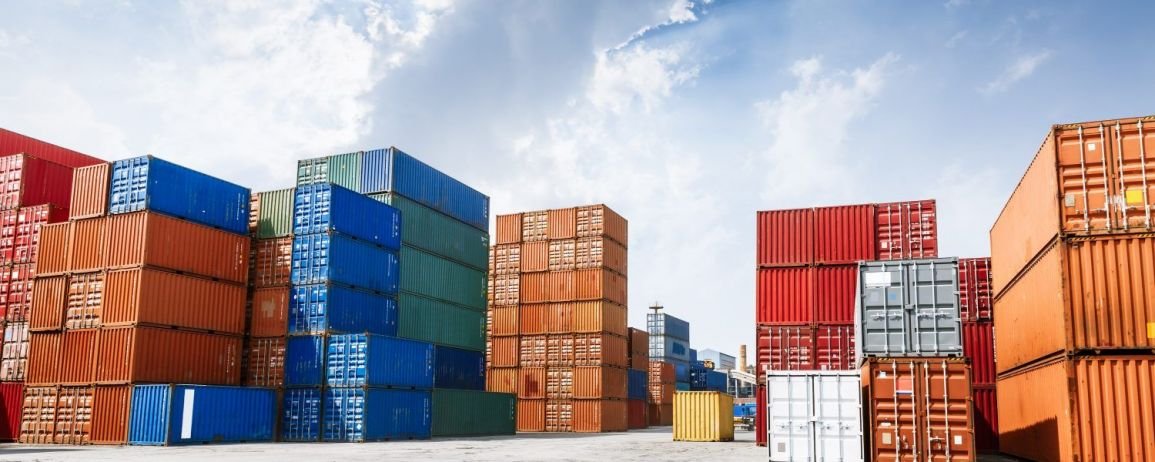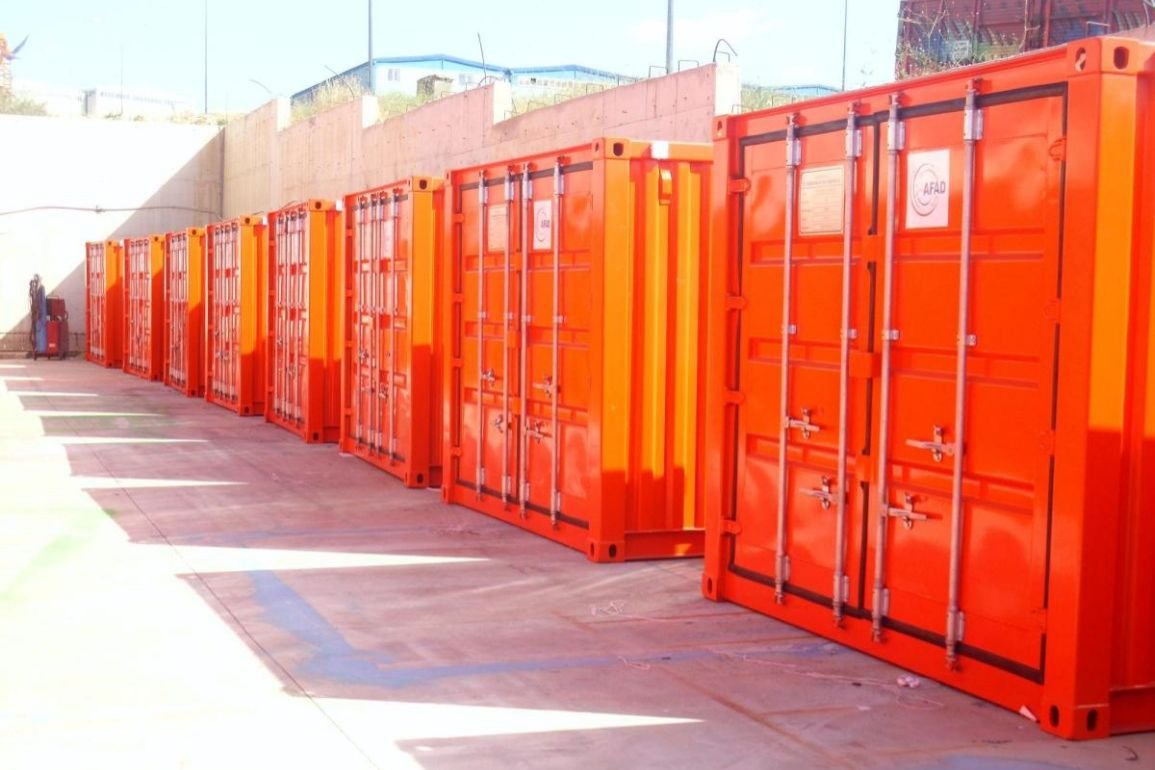In ocean freight shipping, your pallets should ideally pack tightly into your shipping container. This is independent of whether you’re shipping port-to-port or door-to-door.
Ask Your Pallet Supplier for “Heat Treated Export Pallets” if shipped to overseas:
Pallet owners/exporters need to prove that their pallets comply with phyto-sanitary standards and that they bear the internationally recognized mark. Meeting the standards involves rigorous inspections of quality procedures and records. Non-compliance, however, can lead to large fines. Pallets meeting the standard should have the following stamp (shown on right):
- – The Heat Treatment stamp should be visible on each pallet, and contain the IPPC logo and unique registration no.
- – The Treatment code (as appropriate)
A second option is to purchase pallets made from something besides wood. However, those options are more expensive, and in the export market, where pallets are rarely returned, are generally not cost effective.
Types of pallets
There are various types of pallets. The common ones are “Europallets” and standard pallets. The size of “Europallets” is 800mm x 1,200mm or 31.50” X 47.24” while the size of standard pallets is 1,000mm X 1,200mm or 39.37” X 47.24”.
How many boxes fit in a 20′ container
Approximately 700-1000 handable cartons (boxes). Box dimensions and stuffing plan may change total number of boxes loaded.
How many boxes fit in a 40′ container (High Cube)
Approximately 1200-1400 handable cartons (boxes).
How many pallets fit into a 20′ or 40′ container?
A 20’ft container can hold eleven “Europallets” in one tier or nine to ten standard pallets in one tier while a 40′ container can hold 23-24 “Europallets” in one tier or 20-21 standard pallets in one tier.
Box count may vary
Loading numbers are approximate estimates as some boxes size vary.



